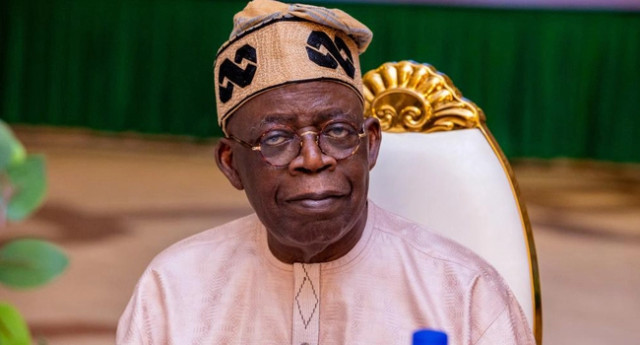Ten members of the National Assembly from Akwa Ibom State, representing the People’s Democratic Party (PDP) and the Young People’s Party (YPP), have decided to align with Governor Umo Eno and join the All Progressives Congress (APC).
They are joining two senators from Edo and Nasarawa, Neda Imasuen and Ahmed Wadada, respectively, who are also set to defect to the ruling APC.
This announcement comes as the APC stated it is working to bring four additional PDP governors into its party, amidst allegations of attempting to convert Nigeria into a one-party system.
Some senators and House Representatives from Akwa Ibom confirmed their intentions to transition to the APC but preferred to remain anonymous for the time being, emphasizing the necessity of following proper legislative protocols. Dr. Ijeoma Arodiogbu, the APC National Vice Chairman (South-East), confirmed the lawmakers’ plans.
The defecting PDP lawmakers include Senators Ekong Sampson (Akwa Ibom South) and Aniekan Bassey (Akwa Ibom North-East), along with House members Okpolupm Etteh, Paul Asuquo, Alphonsus Uduak, Ime Bassey, and others. Emmanuel Ukpongudo from the YPP is also reported to join the APC.
This development occurs after Governor Eno's recent defection to the PDP, where he cited the need to align the oil-rich state with the federal government. Eno followed Delta State Governor Sheriff Oborevwori, who left the PDP for the APC in April. Imo State Governor Hope Uzodimma, who heads the Progressive Governors Forum, led the APC delegation to welcome Eno into the party. President Bola Tinubu was seen closely monitoring the event via TVC News, highlighting his interest ahead of the 2027 elections.
During an address in Uyo, Akwa Ibom's capital, Eno stated, “I have decided to progressively move to the APC. Our administration has always been inclusive and that will not change.” He noted that this decision was made after “three months of wide consultations” with crucial stakeholders within the state.
Eno described the gathering as a moment of change while reinforcing shared values and defining principles as a state.
He clarified that he had submitted his resignation letter from the PDP to his ward chairman and noted that it had been forwarded to both the state and national chairmen. Unlike Governor Oborevwori, who transitioned with the entire Delta PDP structure, Eno was only able to persuade federal lawmakers elected under the PDP and one from the YPP to follow him to the APC, while three commissioners chose not to defect.
Eno's political benefactor and immediate predecessor, Udom Emmanuel, did not attend the defection ceremony and has pledged continued loyalty to the PDP. One lawmaker mentioned that their decision to follow Eno was voluntary and not due to any pressures. They collectively decided to align with the governor on June 6, including all other PDP and YPP National Assembly members from Akwa Ibom.
The defection letters from the lawmakers are expected to be presented by Senate President Senator Godswill Akpabio and House Speaker Hon Tajudeen Abbas when the National Assembly resumes on June 17. An aide indicated that while formal activities will occur in the senate, all have resolved to join the APC.
Additionally, Senator Neda Imasuen from the Labour Party has declared plans to switch to the APC as of June 12, attributing his decision to perceived “disarray” within the LP and the aim to align Edo South with federal developmental objectives under President Tinubu’s agenda.
Senator Ahmed Wadada from Nasarawa is also anticipated to join the APC, expressing concerns over internal conflicts within the Social Democratic Party following Nasir el-Rufai's exit to that party.
Dr. Arodiogbu noted that nearly all members of the Akwa Ibom House of Assembly are opting to switch to the APC, except for a few who are still hesitant. He emphasized that Akwa Ibom is now leaning heavily towards the APC, with expectations for more defections from other PDP governors.
The APC's momentum in attracting new members has raised questions about the loyalty of other remaining PDP governors. Recent activities surrounding Governors of Adamawa, Plateau, Osun, and Bayelsa appear to be under careful observation as political alignments shift.
In states like Bauchi and Taraba, PDP officials have expressed confidence in their party's continued dominance, dismissing speculations of defections by their governors. They assert their states remain strongly PDP, with leaders committed to party loyalty and governance. Meanwhile, within the APC, there are indications of welcomed realignments, with stakeholders open to accommodating new members should they decide to switch allegiance.
Political analysts note that while the PDP is still substantial in Taraba, the APC's increasing engagement could challenge stakeholder loyalty as the 2027 elections approach.




















